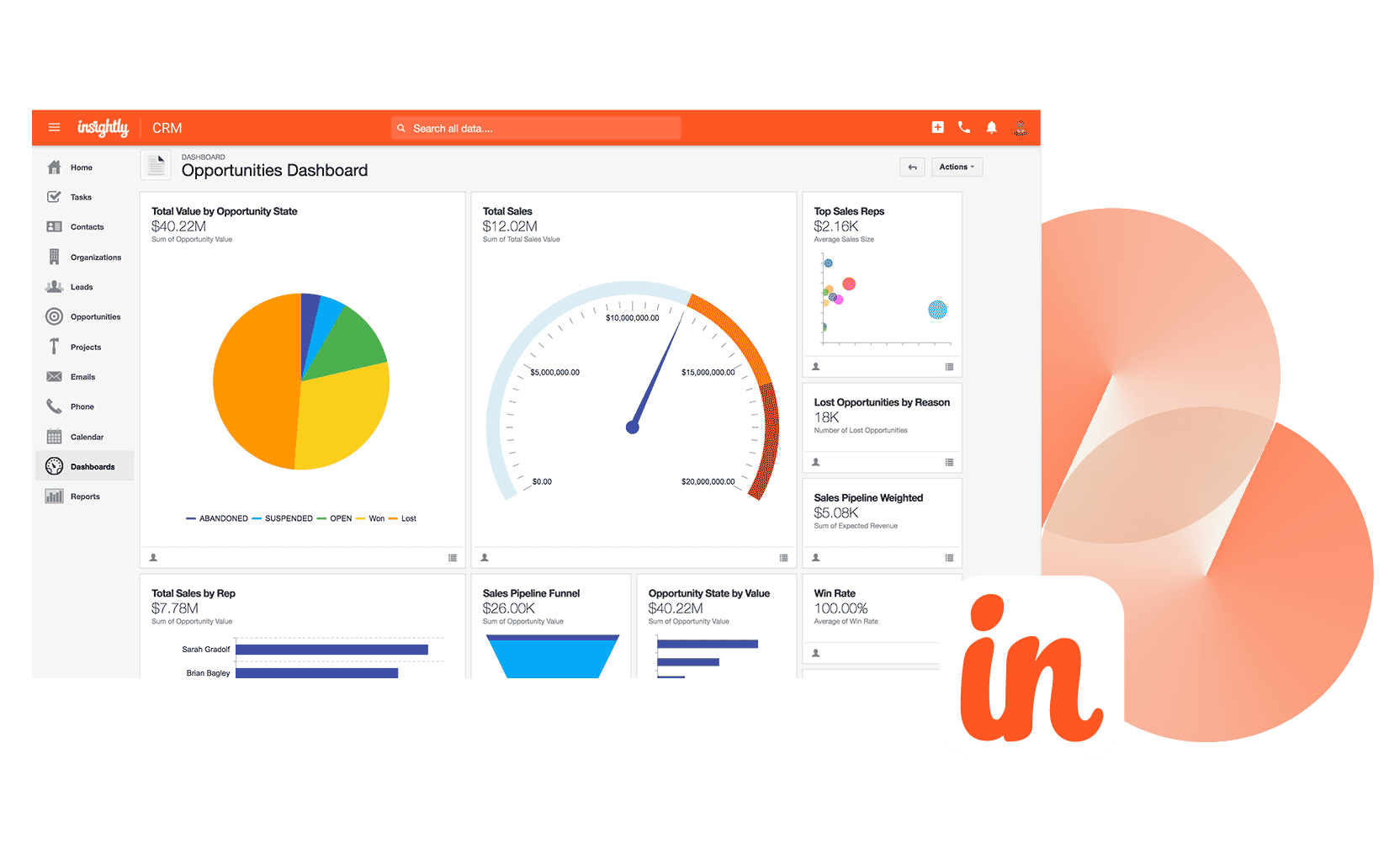In today’s highly competitive business landscape, maintaining strong and meaningful relationships with customers has become more crucial than ever. And this is where a powerful CRM system steps in to rescue businesses from potential chaos. A CRM system, short for Customer Relationship Management system, is a comprehensive tool that enables organizations to effectively manage and nurture customer interactions, ensuring increased satisfaction and loyalty. From tracking customer interactions to automating sales processes, this ultimate guide will delve into the world of CRM systems, equipping you with the knowledge and strategies to take your customer relationships to the next level. So, let us embark on this transformative journey and uncover the secrets to mastering your customer relationships with a CRM system.
Benefits of Using a CRM System
A CRM system offers numerous advantages for businesses in managing and nurturing customer relationships. It empowers companies with valuable tools and insights to enhance customer satisfaction and drive growth.
Improved Customer Understanding: With a CRM system, businesses gain a comprehensive view of their customers. By storing and organizing customer data, such as contact information, purchase history, and communication records, companies can better understand individual needs, preferences, and behaviors.
Enhanced Communication and Collaboration: CRM systems facilitate effective communication within the organization. Teams can access real-time customer information and seamlessly collaborate on customer interactions, ensuring consistent and personalized communication across all touchpoints.
Streamlined Sales and Marketing Processes: CRM systems automate and streamline sales and marketing processes, saving time and effort for teams. They enable lead tracking, pipeline management, targeted marketing campaigns, and accurate sales forecasting, enhancing efficiency and productivity.
Key Features of a CRM System
A CRM system, or Customer Relationship Management system, is a powerful tool that can revolutionize how businesses manage their customer relationships. It is packed with incredible features that can enhance customer interactions and streamline business operations. In this section, we will explore some key features of a CRM system that can help businesses master their customer relationships.
Contact Management: One of the fundamental features of a CRM system is its ability to effectively manage customer contacts. By centralizing all customer information in one place, businesses can easily access vital details such as contact information, past interactions, purchase history, and preferences. This enables businesses to provide personalized and tailored experiences for their customers, ultimately strengthening the relationship.
Sales and Pipeline Management: A CRM system also comes equipped with robust sales and pipeline management capabilities. It enables businesses to track and monitor the entire sales process, from lead generation to deal closure. With features like opportunity tracking, sales forecasting, and task management, sales teams can stay organized, identify potential bottlenecks, and effectively prioritize their efforts. This results in increased sales efficiency and a higher conversion rate.
Reporting and Analytics: A CRM system empowers businesses with valuable insights through comprehensive reporting and analytics tools. These tools enable businesses to analyze customer data, track key performance indicators, and measure the effectiveness of various sales and marketing campaigns. With access to real-time data and actionable insights, businesses can make data-driven decisions, identify trends and patterns, and optimize their customer engagement strategies.

In conclusion, a CRM system offers a plethora of features that can significantly improve customer relationships. From contact management to sales and pipeline management, and from reporting and analytics to personalized experiences, businesses can leverage these features to optimize their operations and ultimately enhance customer satisfaction.
Best Practices for Implementing a CRM System
Clearly Define Your Objectives: Before implementing a CRM system, it is essential to have a clear understanding of your objectives. Determine what specific goals you want the system to help you achieve. Whether it’s improving customer satisfaction, increasing sales, or streamlining processes, clearly defining your objectives will guide you in selecting the right CRM features and customization options.
Prosty Crm Dla Małej FirmyEngage All Stakeholders: Successful CRM implementation involves the active participation of all stakeholders within your organization. Engage key departments, such as sales, marketing, and customer service, to ensure their requirements are considered during the implementation process. Involving all stakeholders from the beginning helps build buy-in and ensures that the CRM system aligns with their needs.
Provide Adequate Training and Support: Implementing a CRM system requires proper training and ongoing support for your employees. Provide comprehensive training sessions to familiarize all users with the functionalities and features of the CRM system. Additionally, establish a support system, such as a help desk or dedicated support team, where users can seek assistance when facing challenges or questions. This will enable your team to utilize the CRM system effectively and maximize its potential.
Remember, the successful implementation of a CRM system is crucial for building and maintaining strong customer relationships. By following these best practices, you can ensure a smooth transition and set a strong foundation for leveraging the power of your CRM system.


